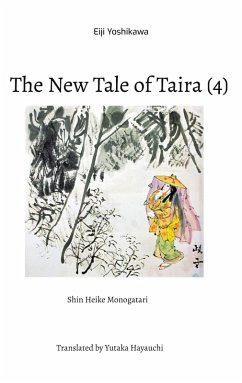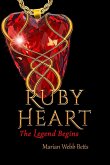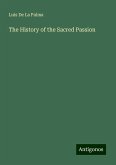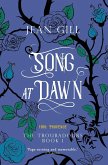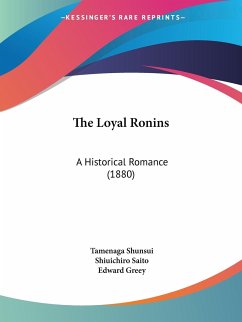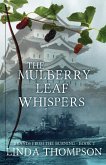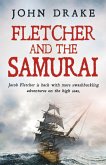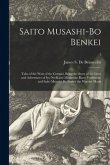Kiyomori's power seemed unshakeable. But Yoshitomo Minamoto's youngest son was growing up. Kiyomori had given Ushiwaka to the Kuramadera temple for supervision when he was still a baby. Ushiwaka turned fifteen. He was a wild boy with intelligence and strong will. He longed for his mother, Tokiwa. Minamoto's young samurai in the underground raised Ushiwaka with care. They told him again and again about Minamoto's ignominious defeat and the tragic death of his father. Ushiwaka escaped from Kurama and wandered through Eastern Japan. He called himself the Ninth Son Yoshitsune. He became acquainted with society and came to Hiraizumi in Michinoku. Yoshitomo's other son, Yoritomo, had been serving his banishment in Izu Province for eighteen years. He practiced a religious, monotonous life. There, Yoritomo met the daughter of the local lord, Tokimasa Hojo. Masako was a spirited, headstrong woman who had grown up in the Land of Fire. This love would change the country. Meanwhile, in Kyoto, the dispute between Goshirakawa and Enryakuji escalated into a demonstration of power. The monk from Musashi Province, Benkei, entered the novel.
Hinweis: Dieser Artikel kann nur an eine deutsche Lieferadresse ausgeliefert werden.
Hinweis: Dieser Artikel kann nur an eine deutsche Lieferadresse ausgeliefert werden.

